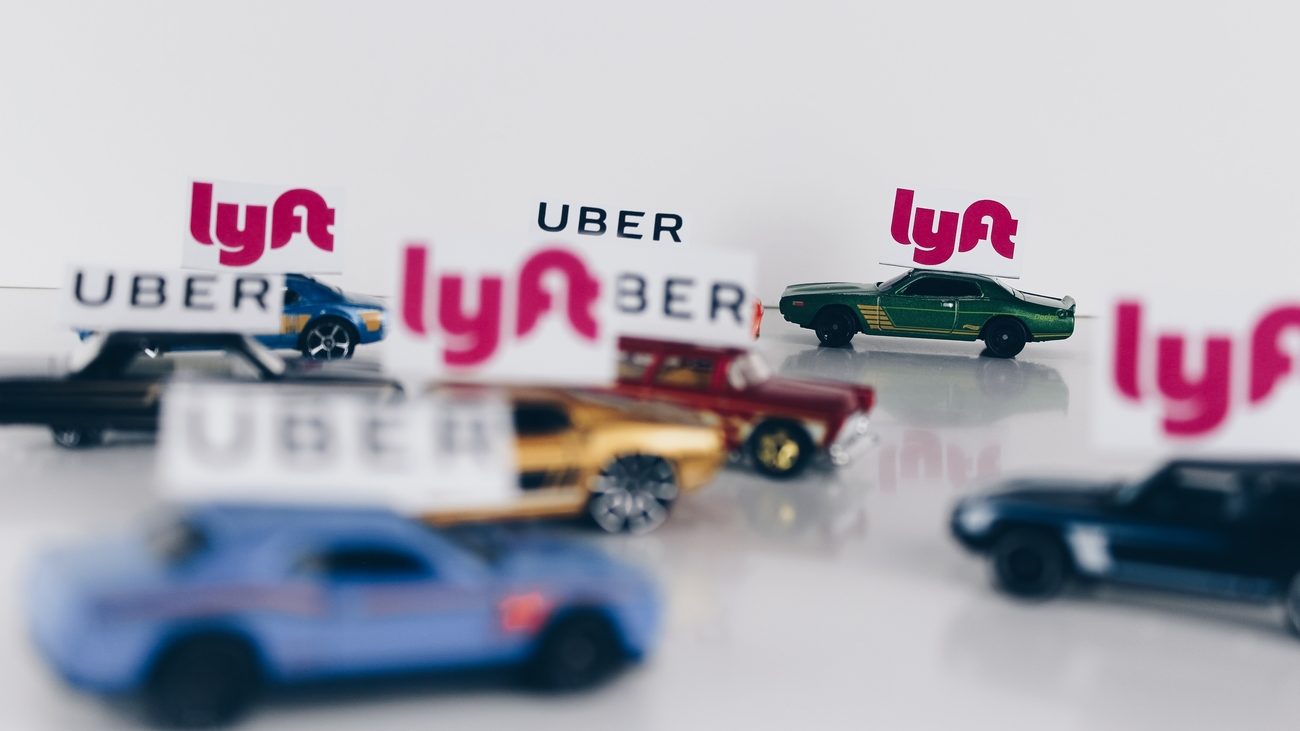on
The Small Business Administration reports that there are more than 28 million small businesses in the United States. With new business opportunities from companies such as Uber, Airbnb, and Lyft, more taxpayers are finding it easier than ever before to work for themselves.
Many people are surprised that when they work for themselves, they own a small business in the eyes of the IRS. And small businesses have extra tax rules – and potentially more IRS audits and notices.
Why? Because small business taxes get complicated.
Here are the six most common problems for small-business owners:
1. “I didn’t know I had to pay self-employment taxes.”
This is a common miss for people who are newly self-employed.
You may be surprised when you file a return and find out that, on top of your income taxes, you’ll owe another 15.3% tax. This is called self-employment tax. It can result in a large tax bill if you didn’t know about it.
The 15.3% self-employment tax is your portion of Social Security and Medicare taxes that employers pay for traditional employees. On the bright side, as a self-employed person, you can deduct half of your self-employment tax to offset your income.
2. “I didn’t know I had to pay throughout the year.”
Instead of having taxes automatically withheld (like employees do), self-employed people must send in tax payments four times a year (called estimated tax payments).
If you don’t know or forget about sending in your quarterly payments, you may owe a big tax bill plus penalties when you file. If you can’t pay, you can ask for an extension or set up a monthly payment plan (called an IRS installment agreement) when you file.
3. “I keep getting behind in paying taxes.”
Self-employed people sometimes get behind in paying estimated taxes. When they do, they often file and end up with large tax bills they can’t pay.
If you already have a payment plan with the IRS but file and owe, you’ll default on your agreement, spend more money to set up a new installment agreement, owe more penalties and interest and interact more with the IRS.
If your tax bill adds up to more than $50,000, there are other consequences. The IRS may ask for more information about your financial situation to set up a payment plan, and the IRS can file a federal tax lien, which hurts your ability to get credit.
4. “I didn’t report cash payments.”
Statistics show that self-employed people only report the right amount of income 42% of the time. Most small businesses, especially businesses that operate in cash, are on the honor system for reporting their income.
And with cash-intensive businesses, the IRS has few, if any, Forms 1099 to validate the income. It makes sense then, that every IRS audit of small businesses starts with scrutiny about whether the business reported all its income.
5. “I ‘wrote off’ personal expenses.”
This is another major area where the IRS looks in small business audits.
New small-business owners often deduct certain expenses, like cars, cell phones, in-home offices, and travel and entertainment expenses. But the IRS views many of these expenses as personal (and not deductible) – unless you can prove that the expenses were business-related.
The takeaway: Keep excellent records.
6. “I didn’t file on time (or, at all).”
Many small businesses put off filing because they can’t pay their taxes. Procrastinating like this causes businesses to run up large tax bills and penalties, including a 25% failure to file penalty for filing more than five months late.
In recent years, the IRS has found many of these nonfilers with the Form 1099-K, Payment Card and Third-party Network Transactions. Form 1099-K reports payments that the business receives from debit/credit cards and third-party processors, such as PayPal. Many online-retail small businesses are now having to reconcile their revenues to this new form. Businesses that don’t file and receive this form are experiencing IRS delinquent-filing notices and IRS enforcement actions.
For small-business owners, taxes are always happening. Here’s where to start. If you’re a business owner, including an independent contractor in the gig economy, you’ll need to get used to tax responsibilities all year.
Join our email list to stay connected.







You must be logged in to post a comment Login